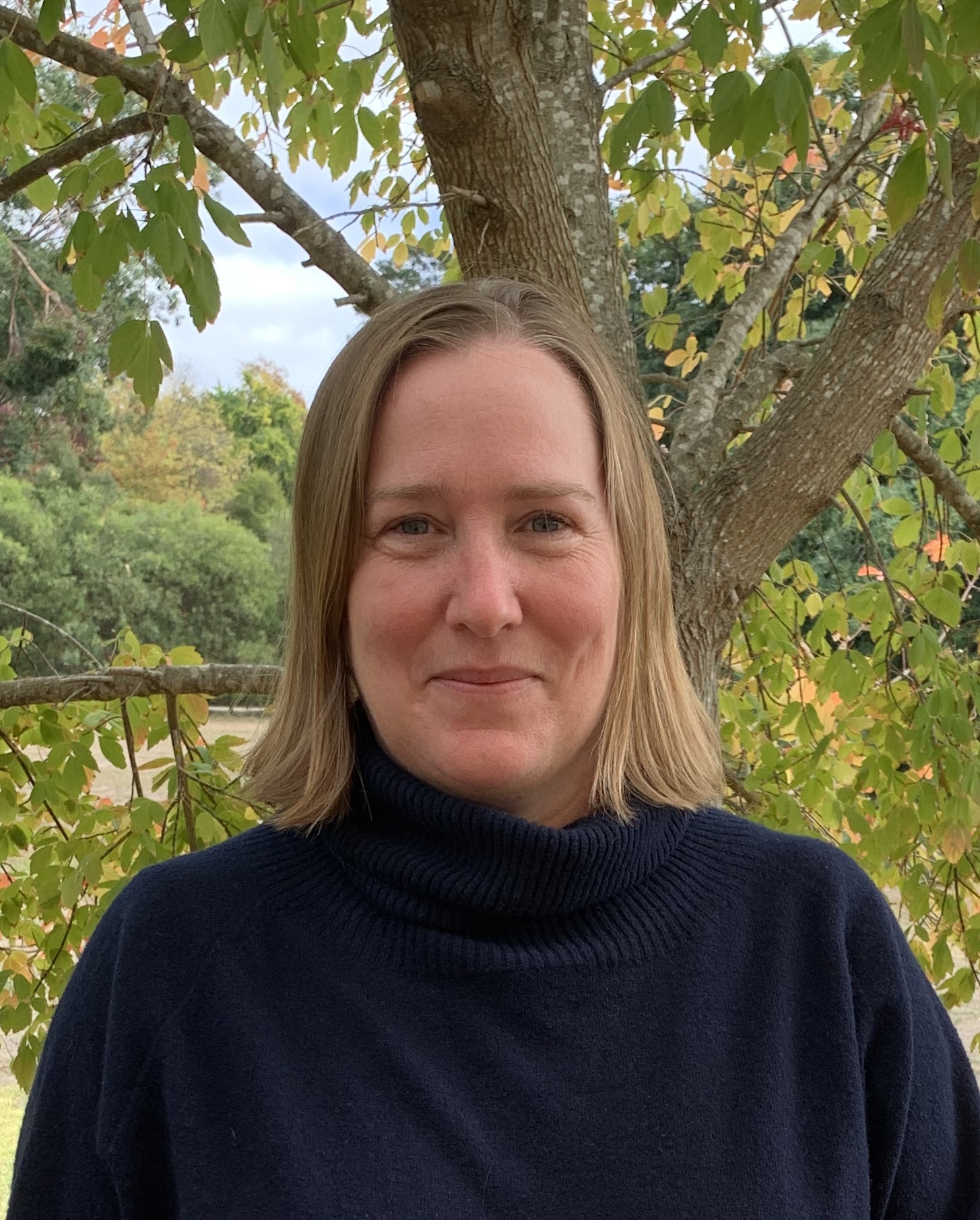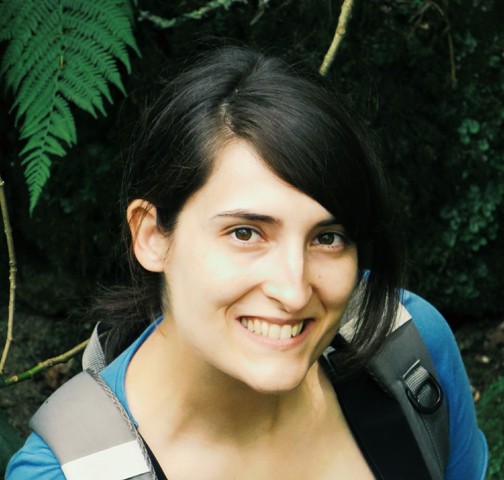Grupo de Comisión de la UICN
Grupo especialista en hongos acuáticos de la CSE de la UICN

Resumen y descripción
- Descripción:
-
Los hongos acuáticos son un grupo polifilético relacionado por sus características ecológicas (crecen y se reproducen principalmente en aguas marinas o dulces) más que por su taxonomía. Pertenecen ...
Liderazgo de grupo
Dr Sally FRYAR
Co-Chair
Sally's main research interests are the ecology, evolution, systematics, and conservation of microfungi. She completed a PhD at Flinders University in 1997 on the taxonomy and ecology of wood…
Dr Isabel FERNANDES
Co-Chair
I am a freshwater ecologist particularly fond of aquatic fungi. I want to understand how global changes can determine microbial communities diversity and activity and how that impacts freshwater…
Un vistazo
Nombre oficial:
Grupo especialista en hongos acuáticos de la CSE de la UICN
Asociados a la Comisión:


